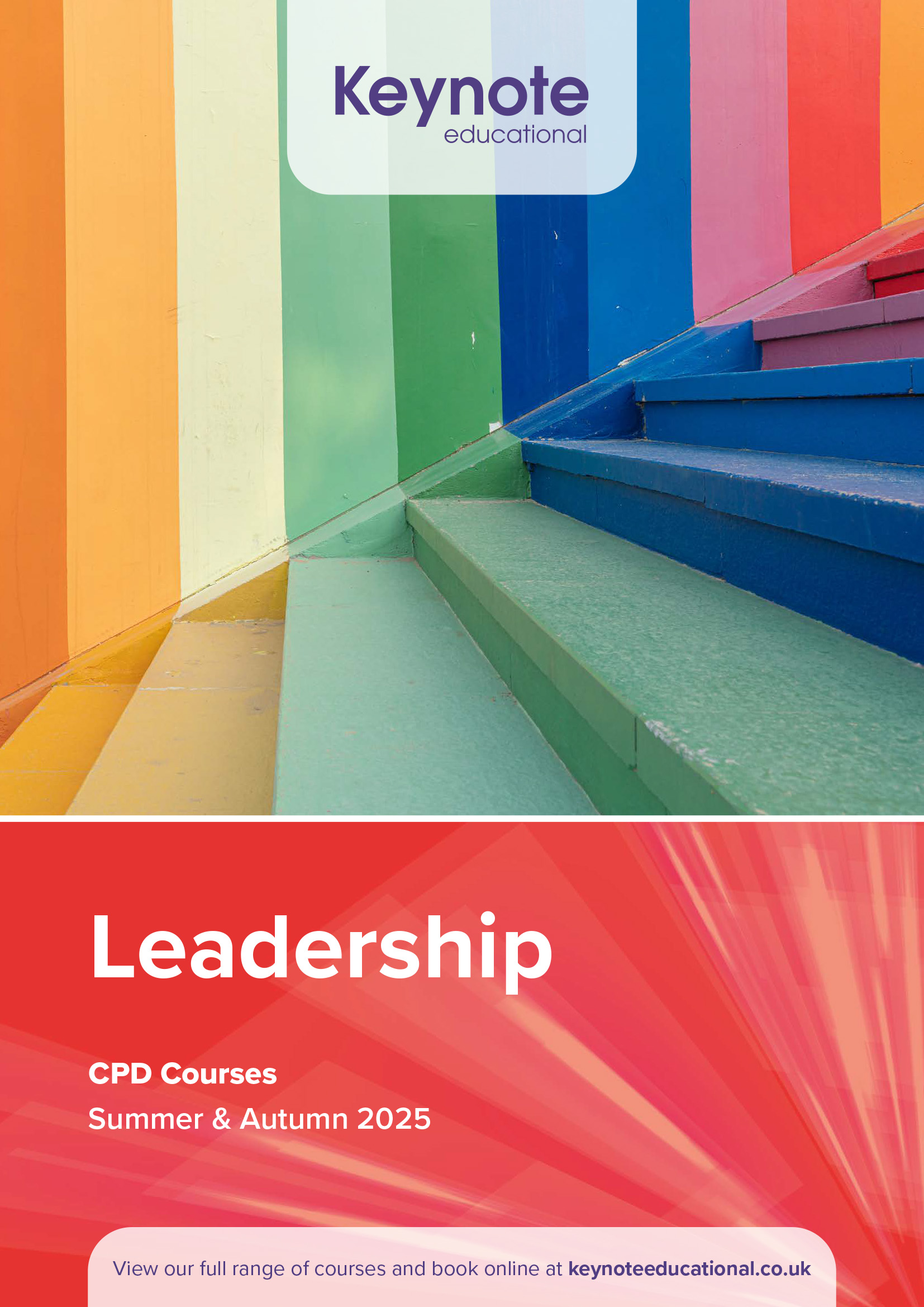Therapeutic Listening in Schools
ABOUT THIS COURSE
In every school, there are young people – and colleagues – navigating challenges that affect their wellbeing, relationships and capacity to thrive. When someone feels heard in a meaningful way, it can be the first step toward healing, hope and change. This course is for school staff in welfare roles who want to deepen their skills in therapeutic listening – providing safe, skilled, and compassionate spaces for others to talk, reflect and be truly understood. While not training participants to be counsellors, the course draws on the principles of person-centred counselling to equip staff with the attitudes, insights and practical skills needed to support others with care and confidence. Grounded in the work of Carl Rogers, the course explores the core conditions for psychological safety – empathy, genuineness and unconditional positive regard – and how these can be embodied in day-to-day interactions. Through theory, structured practice and guided reflection, participants will develop the tools to offer meaningful help within their role – and to know the boundaries of what that role can (and should) offer.BENEFITS OF ATTENDING
- Learn how to listen with empathy, presence, and understanding
- Provide safe, non-judgmental spaces for students and colleagues
- Understand the limits of your role and when to refer for further support
- Develop practical skills to handle real-life conversations with care
- Recognise distress, regulate emotions, and respond effectively
- Help create a culture of trust, safety, and emotional wellbeing
PROGRAMME
10.00am: Why Listening Matters: The Theory Behind Therapeutic Conversations- Exploring what therapeutic listening is – and what it isn’t
- Understanding the difference between “fixing” and “helping”
- Introduction to person-centred theory and Carl Rogers’ core conditions
- Why empathy, congruence and unconditional positive regard build psychological safety
- The impact of high-quality listening on emotional regulation and resilience
- Reflecting on our own values, assumptions and motivations as helpers
10.45am: Break
11.00am: How Do I Need to Be to Listen Well? Developing Presence, Empathy and Boundaries
- Exploring the concept of the ‘helping relationship’ and the role of the listener
- Developing the qualities of presence, attunement and non-judgement
- Understanding empathic listening: the difference between hearing and understanding
- Learning how to reflect, summarise and respond without advising or rescuing
- Clarifying boundaries: holding the line between support and counselling
- Guided practice in therapeutic listening (triad work with roles of speaker/listener/observer)
12.15pm: Lunch
1.15pm: Putting it into Practice: Skills, Challenges and Real-Life Conversations
- Practising active listening and empathic responses using real-life school scenarios
- Exploring emotional triggers and how to self-regulate as a listener
- Recognising signs of distress, risk, or escalation – and when to refer on
- Using silence, body language and tone with intention and care
- What to say when you don’t know what to say: presence over perfection
- Building confidence through peer feedback and reflective discussion
2.45pm: Break
3.00pm: Embedding a Listening Culture: From One-to-One Help to Whole-School Impact
- Creating emotionally safe spaces for students and staff
- Helping others to feel heard – even in short or busy conversations
- Modelling and cascading listening skills across pastoral systems
- Understanding the limits of the role – and the value of knowing them
- Next steps: continuing to build confidence and reflective practice
- Closing reflections and questions
3.45pm: Depart
 Leadership - Code: T0383
Leadership - Code: T0383
Therapeutic Listening in Schools

COURSE LEADER
Guy Rands is a psychotherapist, educator and advocate with a deep interest in how listening transforms relationships – and lives. Having worked for over two decades in senior school leadership, he now supports individuals and organisations through therapeutic practice and training. His work draws on person-centred counselling, integrative psychotherapy and trauma-informed approaches, and he is passionate about helping educators build the skills and confidence to support the emotional wellbeing of others – without losing sight of their own. Whether you are working with young people in distress or adults under pressure, he is committed to helping staff create school cultures where people feel seen, heard, and supported, applying a training style that is warm, reflective and practical.

